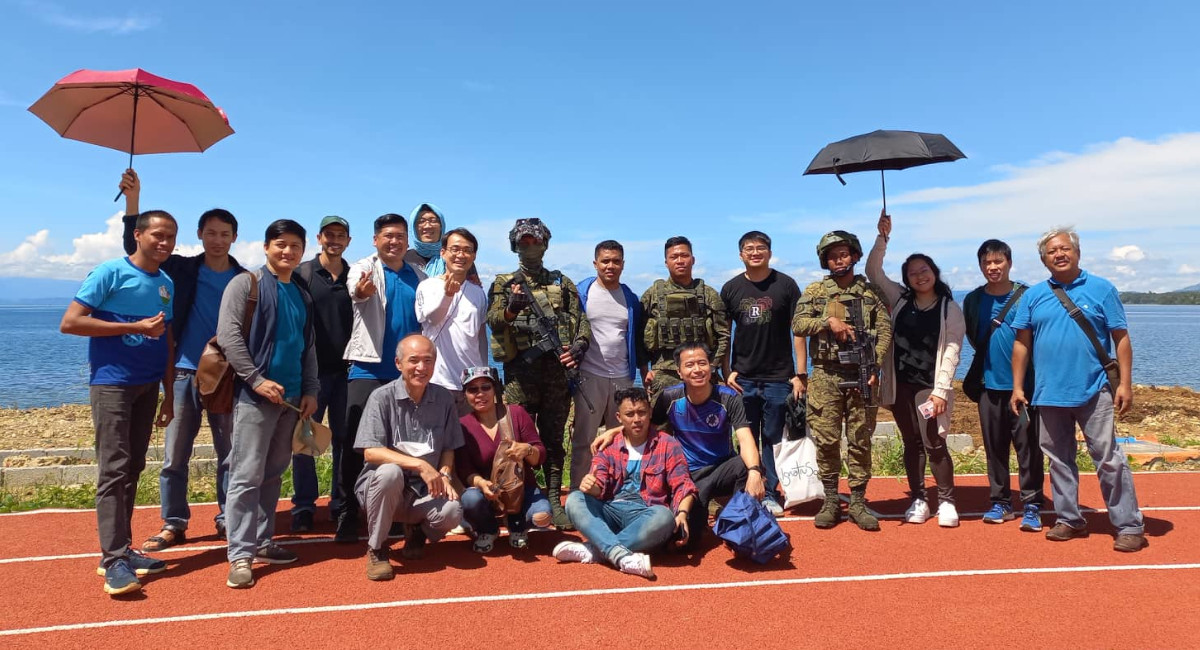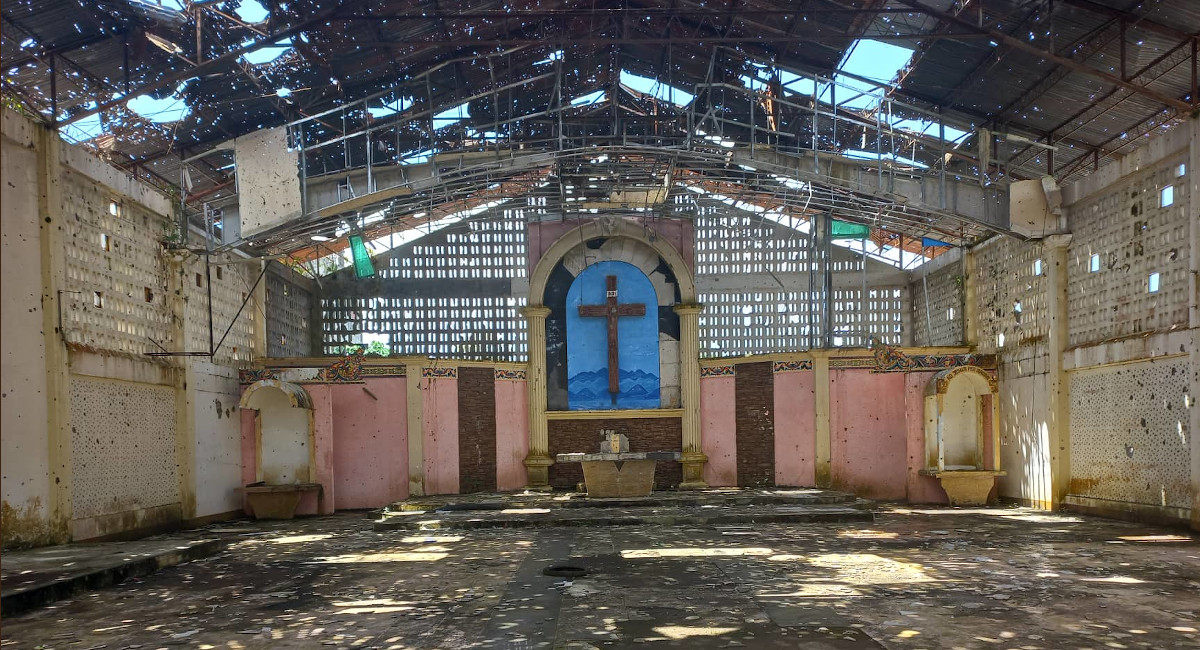 As part of this year’s Asia Pacific Theological Encounter Programme (APTEP), a few of us scholastics from Arrupe International Residence in Manila travelled to Marawi in the southern part of the Philippines for a weeklong immersion in Muslim and Christian communities.
As part of this year’s Asia Pacific Theological Encounter Programme (APTEP), a few of us scholastics from Arrupe International Residence in Manila travelled to Marawi in the southern part of the Philippines for a weeklong immersion in Muslim and Christian communities.
During the orientation prior to the trip, Fr Greg Soetomo SJ, APTEP Director, asked us to take some time to reflect on our own feelings and attitudes towards the people we would be living with for our immersion experience. I acknowledged that I had my own personal prejudices, fears, and anxieties from what I had read online. Besides, I was about to live in an unfamiliar community, which recently experienced the atrocities and horrors of war between terrorist groups and government forces. Our immersion experience was meant to teach us something about the faith and way of life of the people of the place, to engage and dialogue with them, to listen and learn from their stories, and to share ourselves in whatever helpful way we could.
When we arrived in Marawi, we were divided into smaller groups and introduced to our respective foster families. My group was sent to live with a Meranaw family in a village called Salam which means “peace”. True to its name, the place was peaceful and the people were very warm and friendly. The family of Lola (Grandma) Raihana welcomed us into their home with so much kindness and hospitality. Every day, they let us taste different Meranaw food, such as parya laut, badak, dodol, tiatag, tamokasi, and our favorite browa. It was during meals where we bonded and shared stories. I was moved by their generosity and openness in sharing about their faith and life stories, especially during the Marawi siege. They recounted the bombings and how they fled for their lives.

“All of us were crying. We were afraid that the armed group might kill us. At that moment, it did not matter whether we leave our possessions behind for as long as our family is safe and complete; that is more important for us,” Lola Raihana shared through tears. They sought refuge in the nearby city of Iligan, but after two weeks they decided to return home and open their house as a place of respite for tired and hungry soldiers. Lola Raihana admitted that she was afraid during those times as the war was still raging, but her faith and trust in God gave her the courage to return to their home and open it to others.
In the next days, we met with the administrators and faculty members of Mindanao State University, who shared about Islam, the Meranaw culture, and the Bangsamoro Organic Law. We visited museums and the famous Lake Lanao which showcased the beauty and richness of Marawi. We had the opportunity to spend time with the Blessed Virgin Mary Chaplaincy, where we witnessed the zeal and active participation of the youth in their spiritual activities. In our last days, we visited the site known as Ground Zero. There we saw the remnants of destruction and at the same time the ongoing rehabilitation and rebuilding of the city. It sparked hope in me that despite the devastation brought about by war and violence, Marawi is gradually rising and being rebuilt.
Looking back at my experiences, I felt a gradual movement in my heart. Through the encounters and the sharing of the people, I felt how I was steadily invited by our Lord to open my heart and free it from prejudices, fears, and anxieties to make space for openness, hope, and peace. As I immersed in both Muslim and Christian communities, I learned that peaceful co-existence is possible regardless of doctrines or religions. We have one God and peace is our ultimate and common goal. We can achieve this by focusing more on our similarities rather than the differences that divide us and by respecting the uniqueness and value of each other’s belief, culture, and faith. Truly, I experienced God in Marawi for “where there is peace, there is God, where there is God, there is peace”.
 James Augustus Romero Santos SJ is a scholastic from the Philippine Province. He participated in the Asia Pacific Theological Encounter Programme from 2-9 August. APTEP is part of the formation of young Jesuit scholastics to help them foster an understanding of Islam.
James Augustus Romero Santos SJ is a scholastic from the Philippine Province. He participated in the Asia Pacific Theological Encounter Programme from 2-9 August. APTEP is part of the formation of young Jesuit scholastics to help them foster an understanding of Islam.

